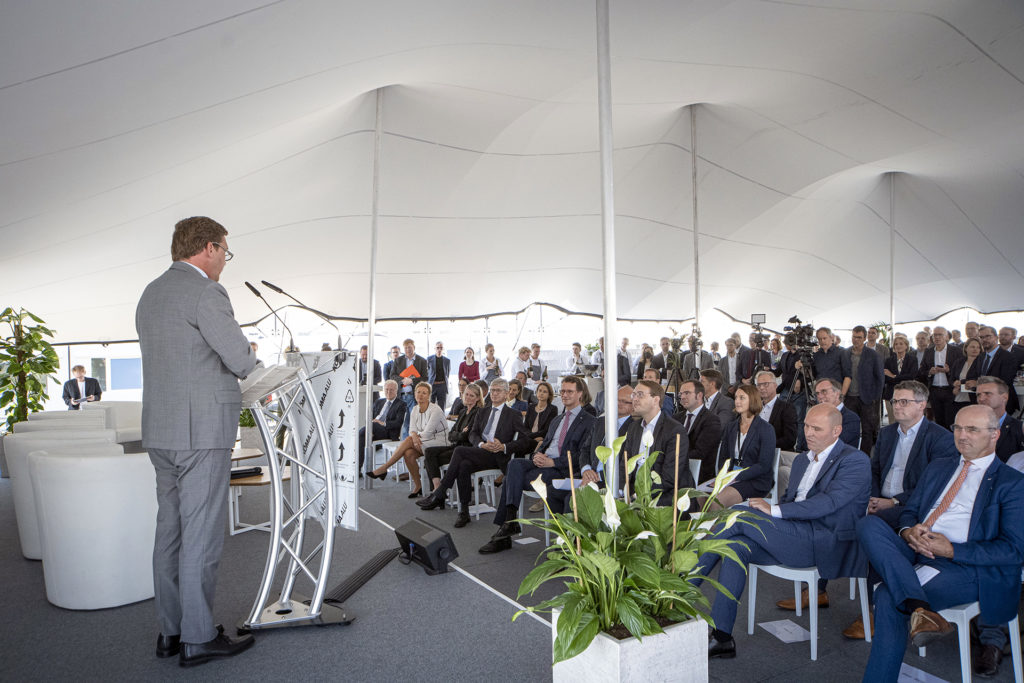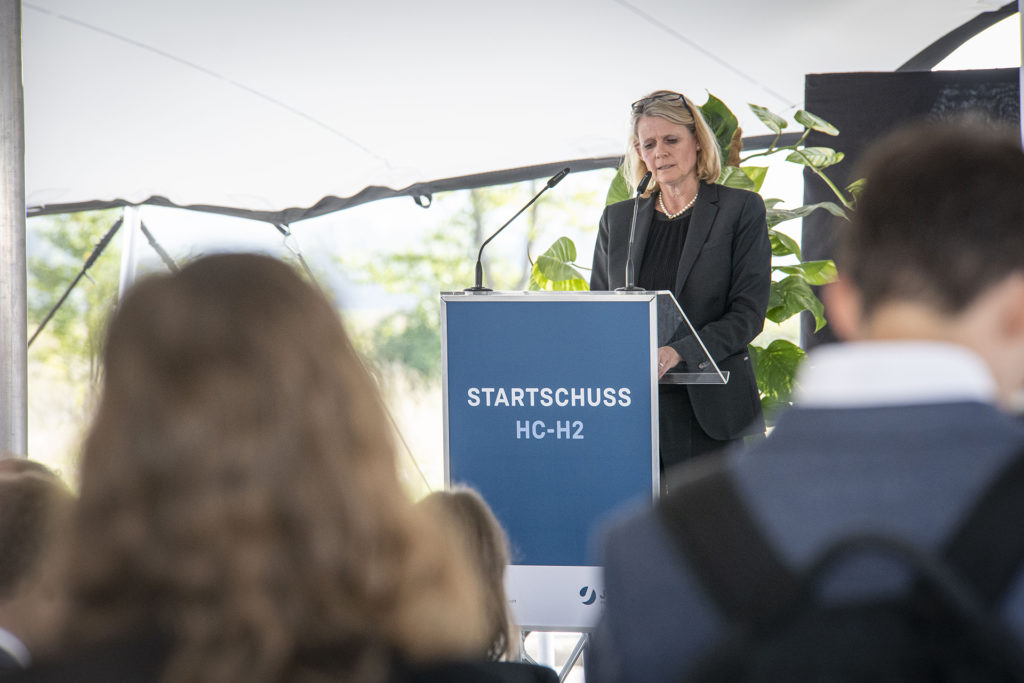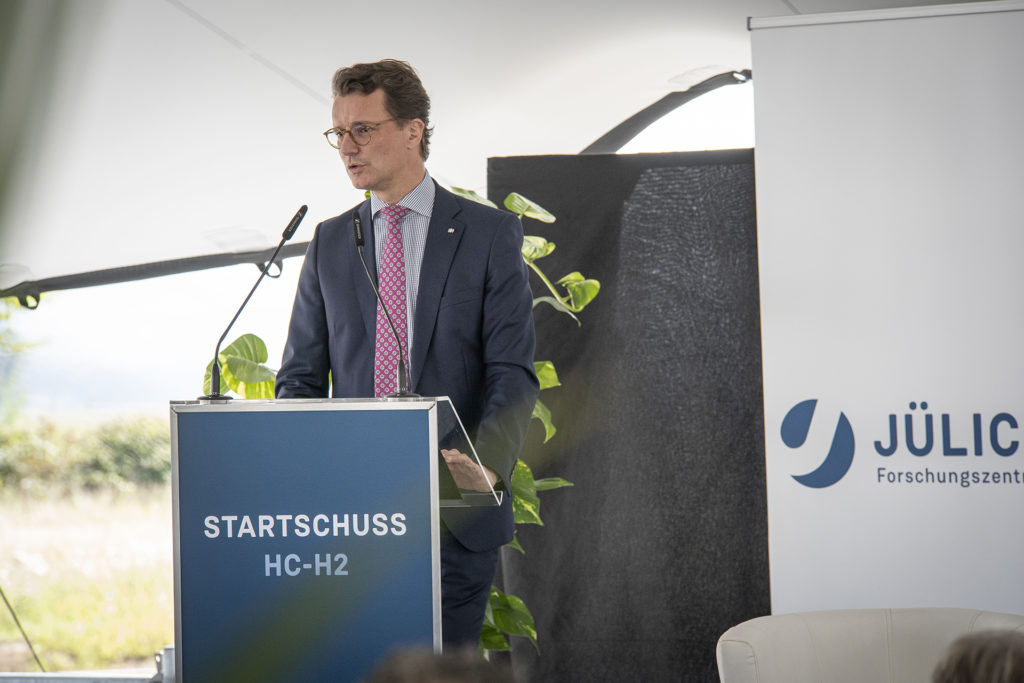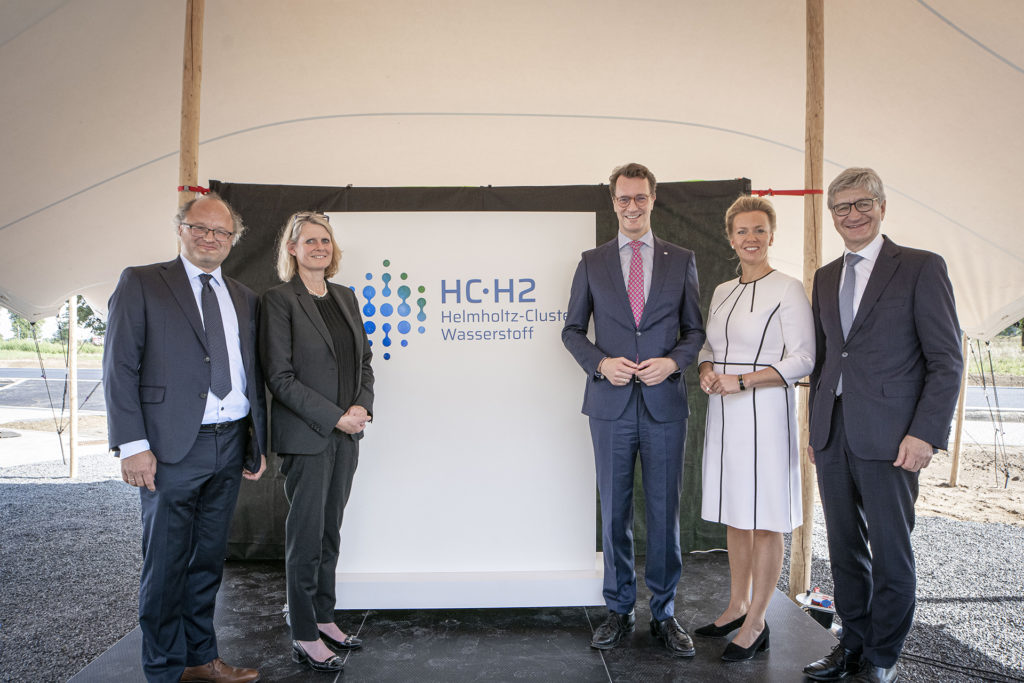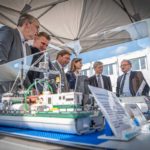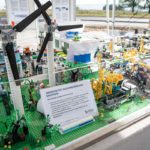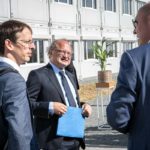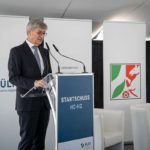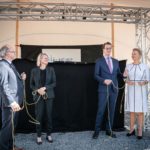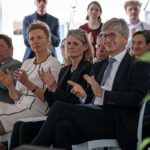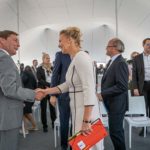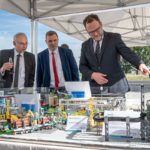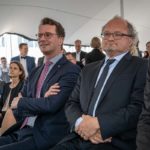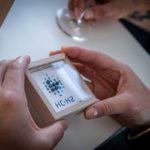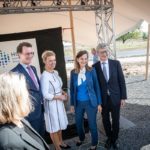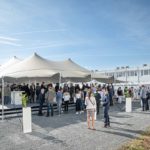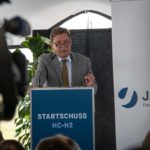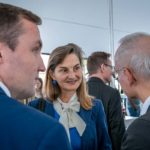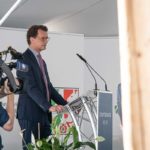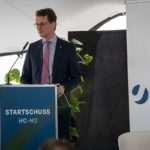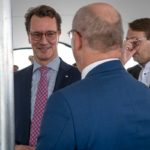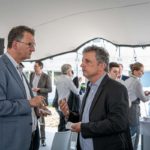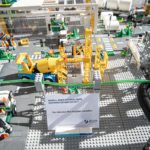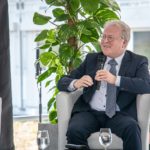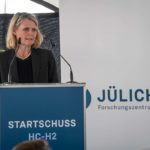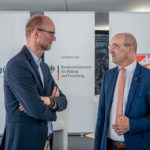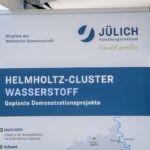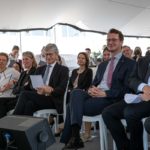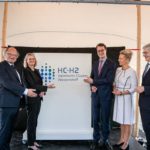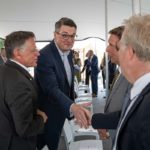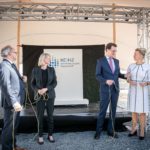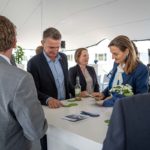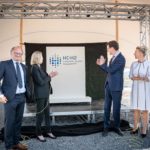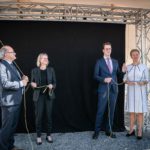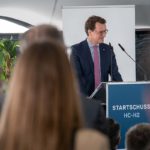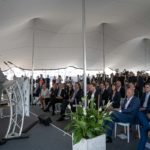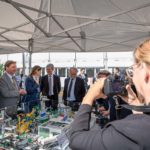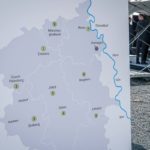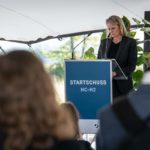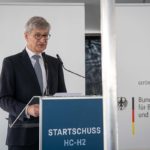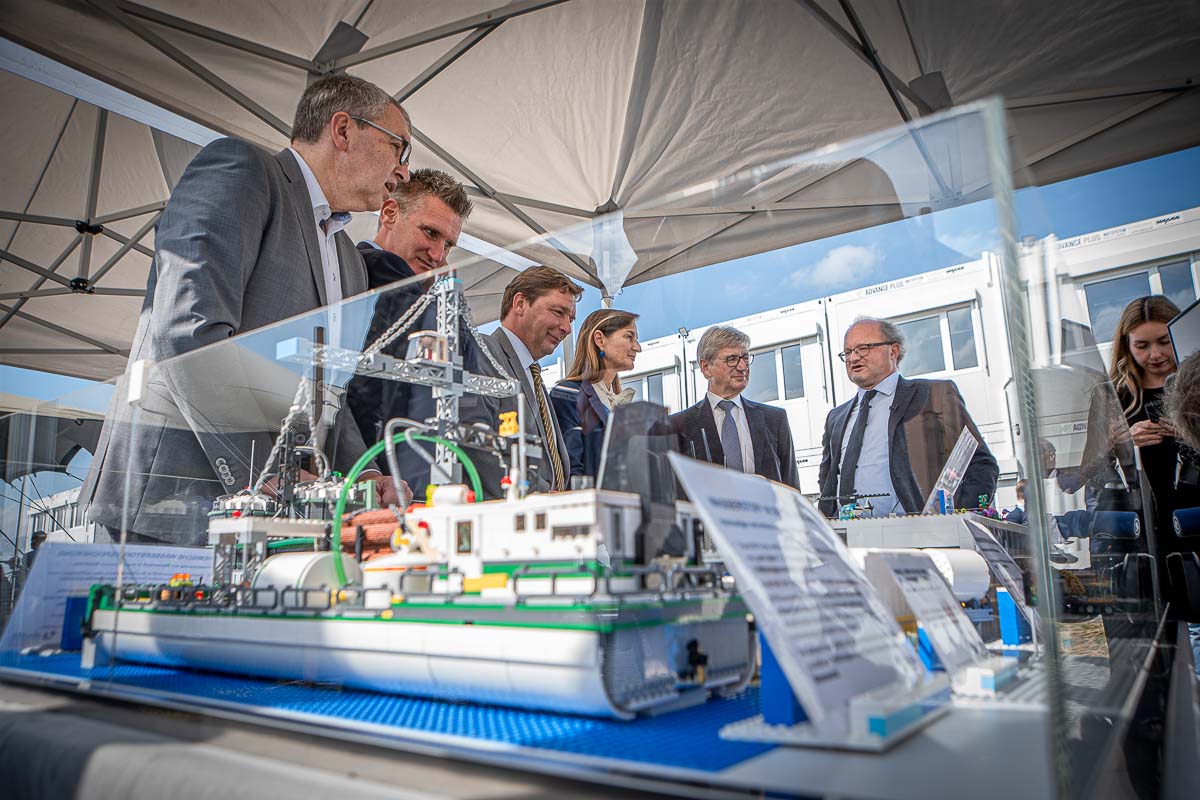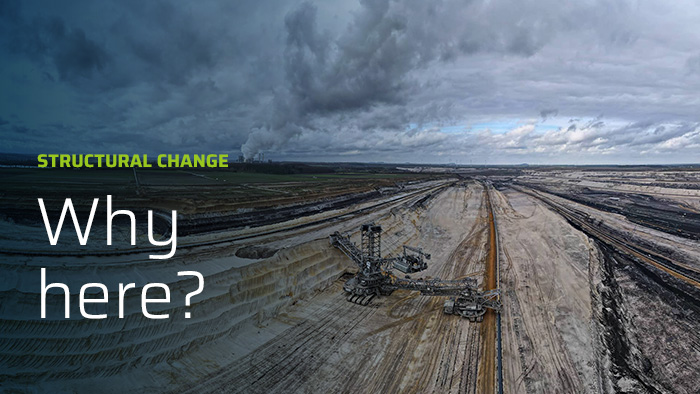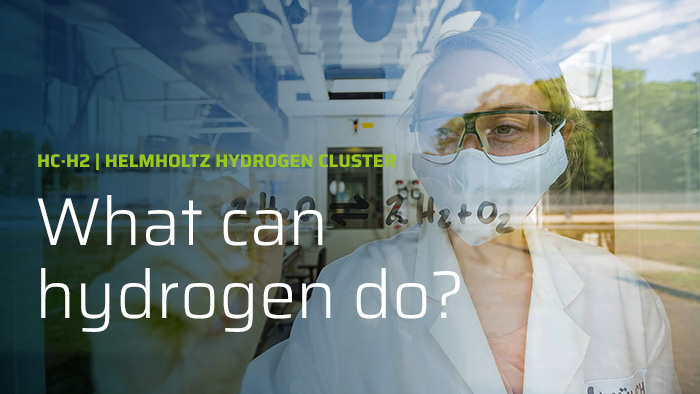Federal Research Minister Bettina Stark-Watzinger: “I want to make Germany a hydrogen republic because green hydrogen stands for climate protection, energy security, and prosperity. For Germany, a quick take-off of the hydrogen economy offers a great opportunity we have to exploit. Especially in the regions affected by structural change, we want to use innovations to create new jobs and long-term prospects. That is why my ministry decided to fund the Helmholtz Cluster for a Sustainable and Infrastructure-Compatible Hydrogen Economy with a total of € 860 million. We aim to enable new, promising value creation in the Rhineland and strengthen the spirit of innovation throughout the entire region.”
Bettina Stark-Watzinger, Federal Minister of Education and Research
This makes HC-H2 the largest structural change project in the Rhenish mining area as well as the biggest individual project in Germany dealing with hydrogen infrastructure.
The Helmholtz Hydrogen Cluster is growing continuously. A rapidly growing team around hydrogen researcher and founding director Professor Peter Wasserscheid is currently pushing ahead with the establishment of HC-H2. By 2025, the number of employees is expected to increase to around 400, and to continue to rise thereafter. Forschungszentrum Jülich’s Institute for a Sustainable Hydrogen Economy (INW) is at the heart of HC-H2. INW was established in 2021 and is located outside the Jülich campus in Brainergy Park – a technology and business park that is currently under construction in the northern part of the town of Jülich. Brainergy Park is intended as a space for business start-ups, new company locations, and technological advances, and will foster intensive networking among the region’s drivers of innovation in the field of hydrogen.
NRW Minister of Culture and Science Ina Brandes: “The Hydrogen Cluster HC-H2 is an outstanding example of how excellent research findings can be rapidly transferred to practical applications so that people can benefit from them. In order to further increase the innovative power of the cluster, we at the federal state government are strongly committed to the construction of a research building with a pilot plant that is specially designed to meet the requirements of HC-H2. This will make HC-H2 a key element in establishing a model region for hydrogen technologies in the Rhenish mining area.”
Ina Brandes, Minister of Culture and Science of North Rhine-Westphalia
In the future, new jobs for scientists and skilled workers will not only be created in Jülich. In cooperation with industry, other scientific institutions, and the local authorities, the construction and operation of large-scale demonstrators is planned at various locations in the Rhenish mining area: Currently, projects are being driven forward in the Aachen region, the districts of Düren and Heinsberg, Rhein-Kreis Neuss, Rhein-Erft-Kreis, and the city of Mönchengladbach. The start of construction for the first plant is planned for this year. The start of further projects is scheduled for the beginning of next year.
HC-H2’s technology demonstration depends on the participation of all relevant stakeholders from the Rhineland region. The BMBF is therefore calling for innovative demonstration projects for hydrogen technologies to be developed in cooperation with HC-H2 and implemented in the Rhenish Mining Area.


